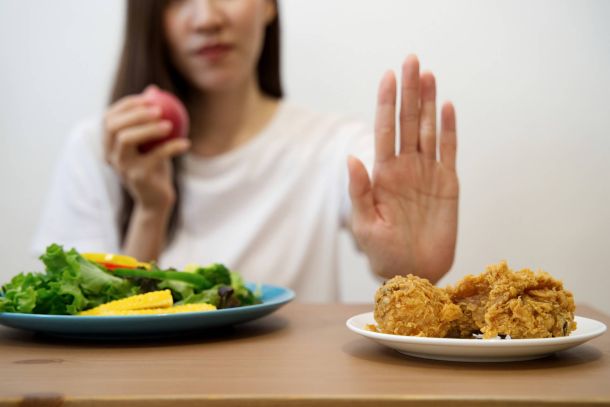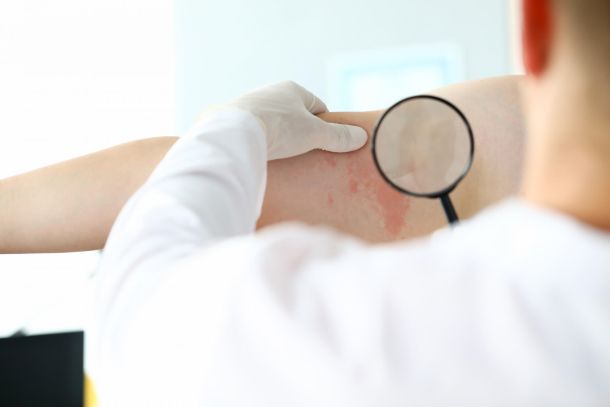Basic symptoms and treatments for childhood urticaria
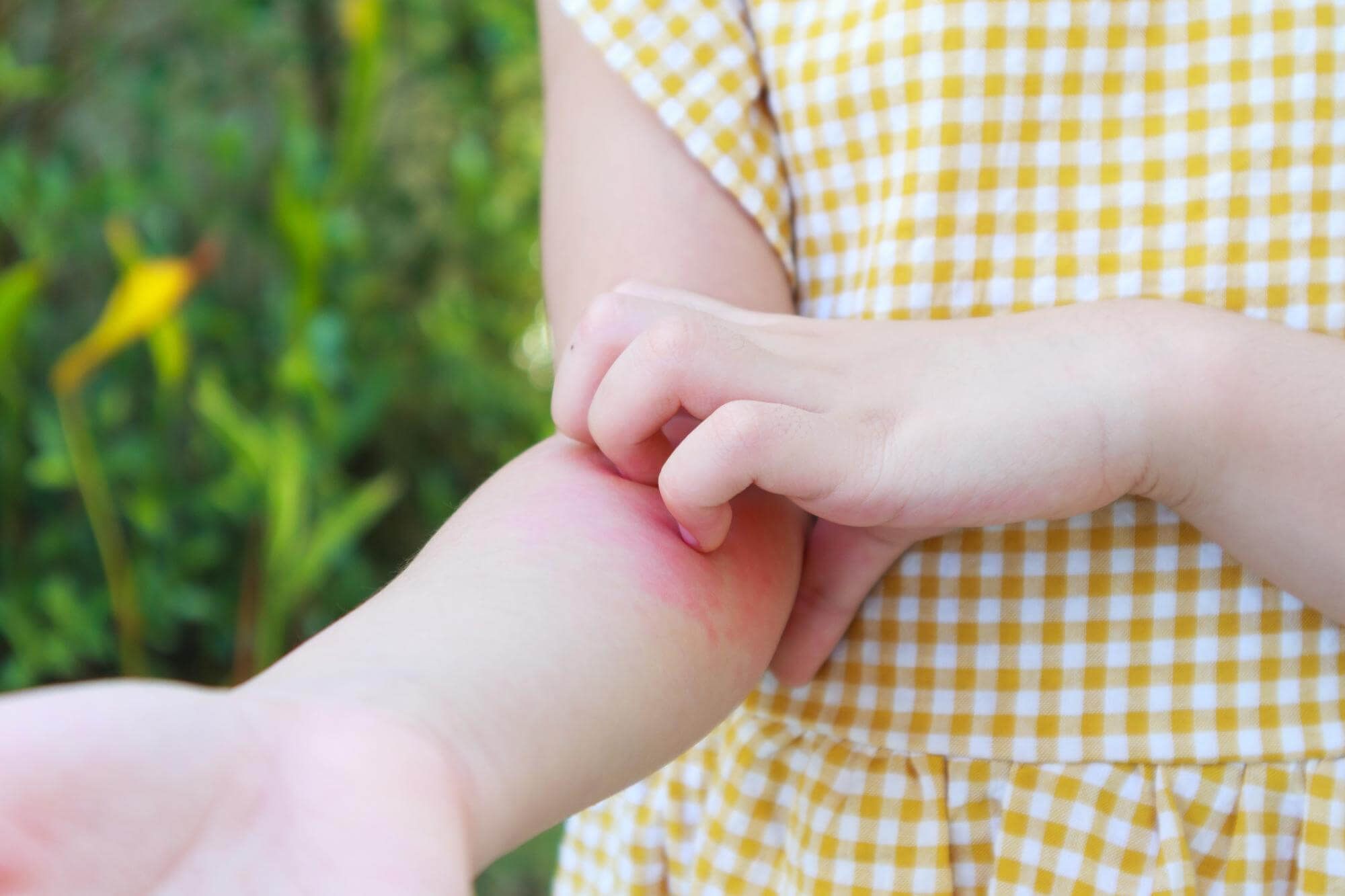

Eva Zakharova
What is urticaria?
Urticaria is the general name for a group of skin conditions usually characterized by itching, swelling, and redness. Symptoms of urticaria in children can be short- or long-term and can vary greatly in severity. In the most severe cases, urticaria can cause pain and discomfort, making it a serious problem for the child and parents.
Why does urticaria occur in children?
A variety of factors can cause urticaria in children. It can be allergic reactions to certain foods, medications, pollen, or insect bites. Sometimes it can be caused by an infection or virus. Some children get hives after physical skin exposure, such as pressure, friction, heat, or cold.
What are the main symptoms of urticaria in children?
Symptoms of urticaria in children include red, bloated spots on the skin that are usually itchy. The spots may be small or clustered in large areas. In some cases, children may have a fever. Symptoms may come and go for days or weeks, or sometimes longer.
Causes of urticaria in children
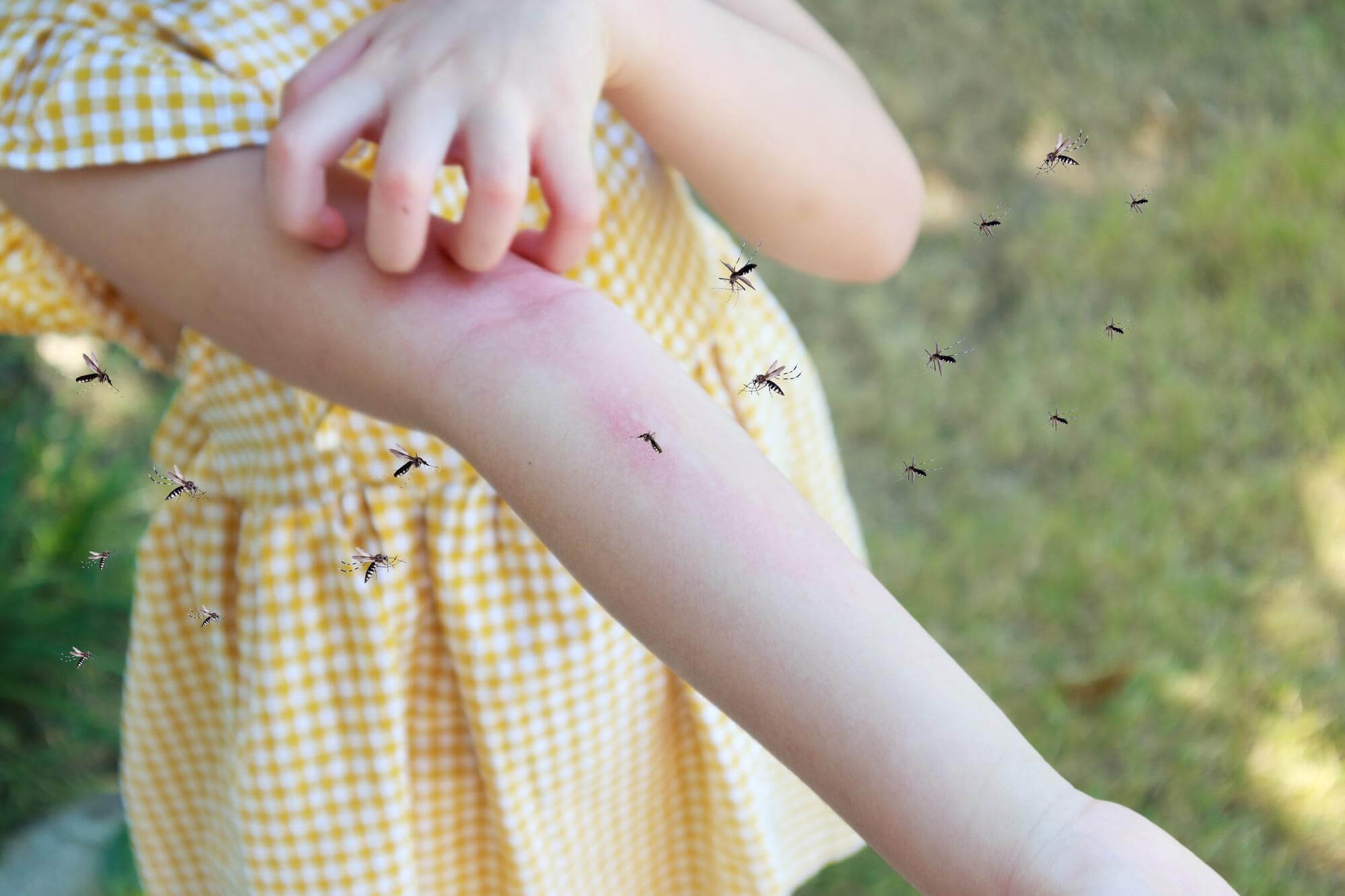
- Allergic urticaria in children is a common problem that can be linked to a reaction to certain foods, such as milk, eggs, fish, nuts or wheat. Even certain medications or insect bites can cause an allergic reaction, manifesting as hives.
- Viruses and infections can also lead to urticaria in children. This is especially true for infants and toddlers, whose immune system is not yet fully formed. Flu, colds, throat or ear infections can all cause hives in an infant or newborn.
- Urticaria in children can also arise from physical stimuli. For example, extreme cold or heat, pressure on the skin, friction (from clothing, for example), or even sunlight can cause hives.
Diagnosis of urticaria in children
To diagnose urticaria in children, the doctor usually does a physical exam and discusses symptoms with the child and parents. Blood tests or skin tests may be needed to determine if there is a possible allergy. It is important to tell the doctor about any recent illnesses or allergies in the family, as well as the use of medications.
Treating hives in children
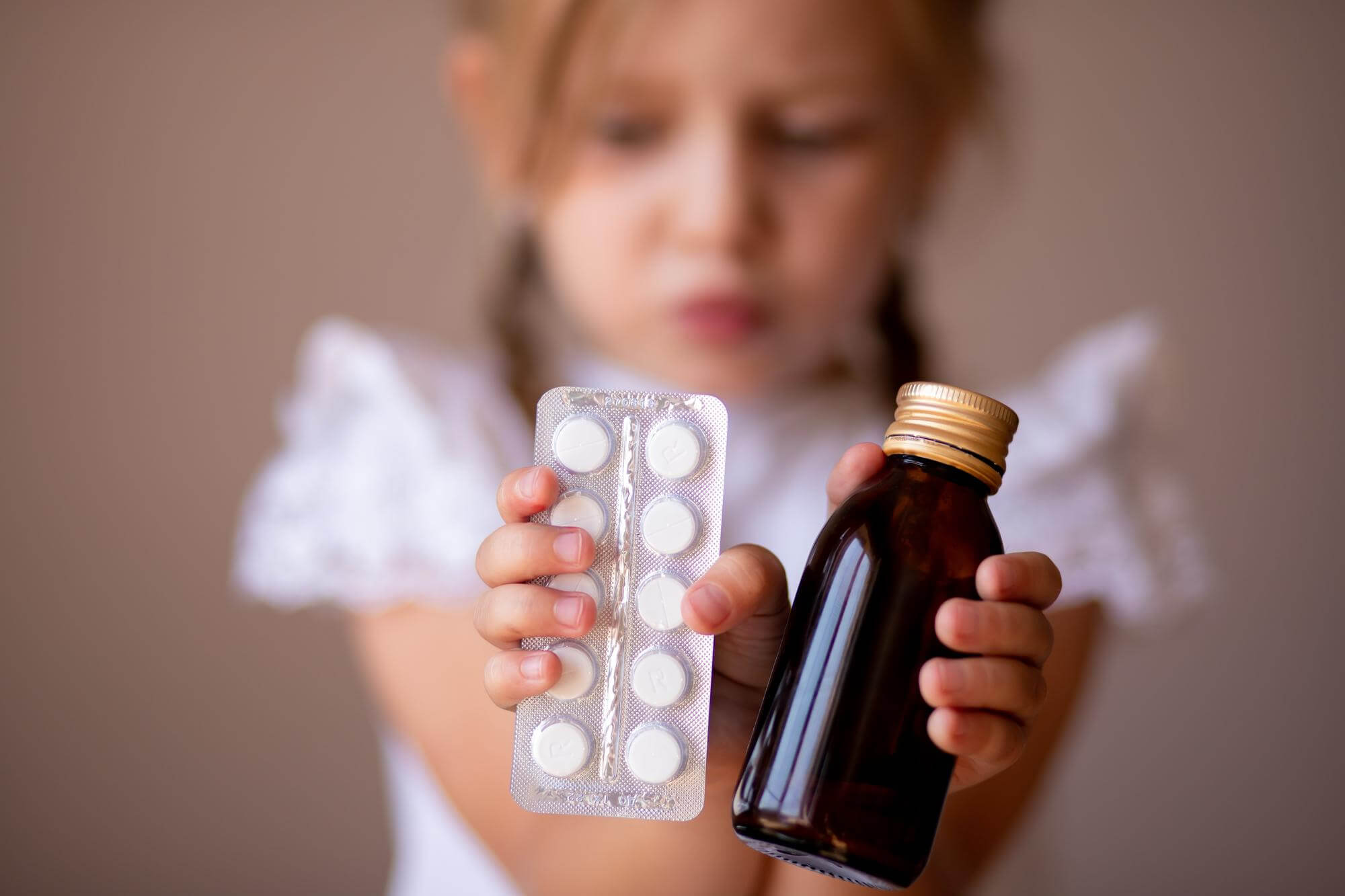
If your child has hives, it is important to help him or her deal with the itching and discomfort. Some children may experience relief from cool baths or applying cool compresses to itchy skin areas. It is also important to avoid known irritants and allergens.
Drugs to treat urticaria
Your doctor may recommend antihistamines to reduce the itching and redness caused by urticaria. These may include drugs such as Diphenhydramine (Benadryl), Cetirizine (Zyrtec), or Loratadine (Claritin). In some cases, a steroid cream may be needed to reduce inflammation.
If your child's urticaria symptoms worsen, do not improve for several days, or are accompanied by other serious symptoms, such as difficulty breathing or swallowing, seek medical attention immediately. These may be signs of a more serious problem that needs urgent attention.
Preventing Urticaria in Children
To prevent urticaria, it is important to avoid known allergens and irritants. If a child is allergic to certain foods, they should be eliminated from their diet. Parents should also monitor the child's health, treat infections and colds promptly, and provide a soft and comfortable environment for the child's skin, avoiding intense heat, cold and friction.
Hives in children and food allergies

Food allergies are a common cause of hives in children. If you suspect your child has food allergies, see your doctor. He or she may recommend a food diary to identify the foods that are causing the reaction, or allergy tests.
Urticaria in children is a common condition that can cause itchy, red, and swollen skin. It can be caused by many factors, including allergies, infections, physical irritants, and even stress. It is important to see your doctor for proper diagnosis and treatment. Although hives can be unpleasant, most cases are successfully treated and prevented with proper allergy care and management.
New materials
Popular Articles
We recommend reading
Contact us in the Contact Us section to ask questions, offer ideas, or for more information about our allergy resource.
Our articles are your trusted source of allergy knowledge. Learn how to make life with allergic reactions easier on our specialized portal.
©
Lechenie-Allergii.com. All rights reserved.
© Lechenie-Allergii.com. All rights reserved.
The information on this site is for informational purposes only and is not a substitute for professional medical advice. We recommend consulting with qualified medical professionals for accurate information and advice.
 English
English  Українська
Українська  Русский
Русский 








